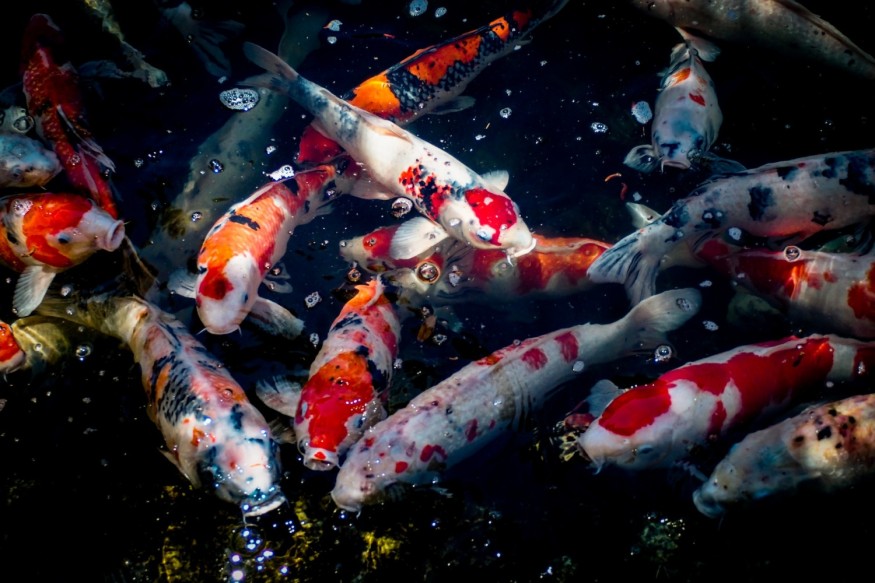Local fish population in Marathon, Florida, is under threat as contamination through sewer pollution has been reported in the Florida Keys city, according to a new study led by scientists from the Florida International University (FIU).
Due to the ecological and environmental threat, local authorities are planning to replace sewage wells following the discovery of the contamination by the scientists.
FIU researchers found that persistent pharmaceutical contamination is affecting local fish populations in Marathon. Samples from bonefish specimens in the waters of the Florida Keys city tested positive for different medications that comes from several pharmaceuticals.
While no fish deaths have been reported, there are concerns that it can result in health complications for the marine animals.
Local Fish Population Contamination

In the study which will be published in the journal Chemosphere in February 2024, FIU scientists explored pharmaceutical exposure and the potential for effects in marine biota or local fish population. The research paper surveyed bonefish (Albula vulpes) across the Caribbean Basin, off the Florida coast.
The scientific team worked under the context that most research on pharmaceutical presence in the environment until now has focused only on smaller scale assessments of freshwater and riverine systems. Riverine systems pertain to river flow which is the primary cause of material and organism transport from estuaries to the sea.
While these systems also serve as natural drainage passages, they are still vulnerable to anthropogenic sewage pollution and other industrial hazards, which endanger both freshwater and ocean organisms. Due to the local fish population contamination, the Florida Keys city is reportedly acting following the research findings.
Replacing Sewage Wells
In a recent announcement, the Marathon City Council stated that it will replace and end the use of shallow sewage wells which aims to significantly reduce pharmaceutical contamination in Marathon's local fish populations.
The announcement came after a settlement with a local community group, called Friends of the Lower Keys (FOLKs), which filed a lawsuit against the city back in 2022. The lawsuit alleged that the city violated the federal Clean Water Act and Endangered Species Act, with the latter legislation focusing on the conservation and protection of threatened and endangered plants and animals.
Furthermore, the said measure taken by the Marathon City Council came following multiple studies conducted by FIU and other universities in recent years. This previous research asserted that existing shallow sewage wells release dangerous nutrients and other contaminants to surface water in the Florida Keys.
Related riverine system contamination through sewage pollution has been reported not only in Florida but also in other parts of the United States. According to the organization American Rivers, 3.5 million Americans get ill each year after boating, fishing, swimming, or touching water they thought was safe.
The organization reported that more than 860 billion gallons of contaminants, including fertilizers and pesticides, escape sewer systems nationwide.
Related Article: Sewage Pollution Greatest Threat to River Biodiversity [Study]
© 2026 NatureWorldNews.com All rights reserved. Do not reproduce without permission.





